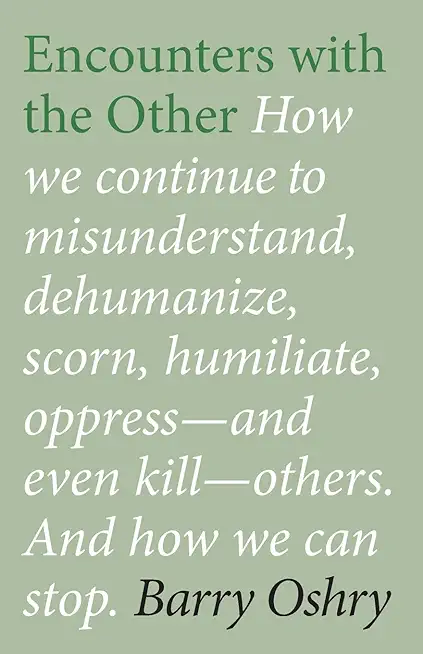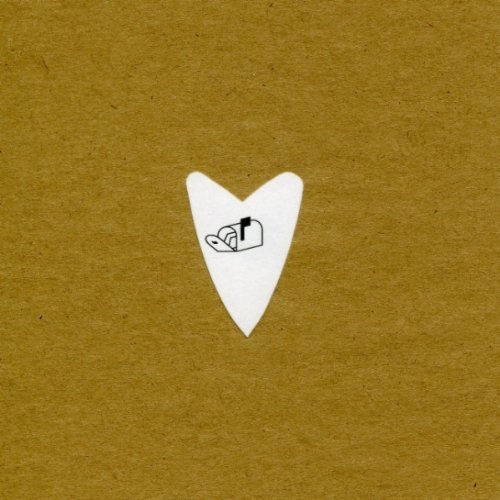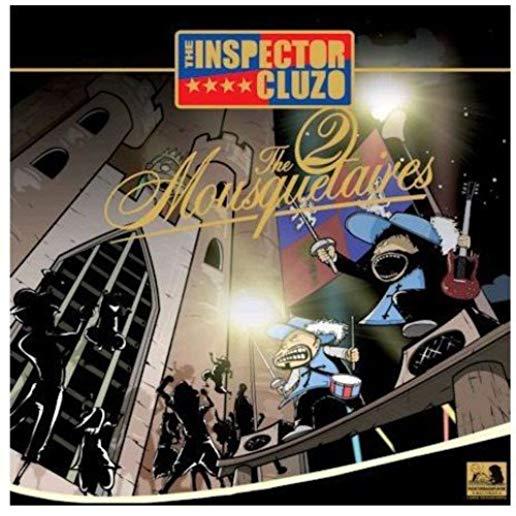
Oshry, Barry
product information
description
h a 'catalogue of catastrophes' starting with the ethnic cleansing of the Rohingya of Myanmar, back through the Holdomor and the Holocaust to the Armenian genocide. This is a reminder, if any were needed, that contemporary societies have not lost their taste for identifying and labelling the 'others' in their midst and slaughtering them. Indeed populist governments positively rely on the cohesion that can be found in bringing a group of people together in the face of an external threat. In Encounters with the "Other" Barry Oshry uses the lenses of 'loose and tight', liberal and conservative', 'pure and conflicted', 'tolerance and purity' to highlight the range of reflexive responses we can have to 'others in our midst' especially when we are under the stress of poverty, lack of housing or shortage of jobs. He then shows how these responses can be characterised as seeing through Power or Love (seeing in terms of our differences from the other or in terms of what we have in common with the other). Finally he suggests how the intolerant 'Power cycle' can be interrupted and tempered by the more inclusive 'Love cycle'.
member goods
No member items were found under this heading.
listens & views

SOUNDS OF THE GEOGRAPHICALLY CHALLENGED ...
by SOUNDS OF THE GEOGRAPHICALLY CHALLENGED / VARIOUS
COMPACT DISC$14.25
Return Policy
All sales are final
Shipping
No special shipping considerations available.
Shipping fees determined at checkout.






